Atlus’s latest release, Metaphor: ReFantazio, has garnered substantial attention with numerous accolades and impressive sales shortly following its launch. Despite this, I find myself unable to join in the rejoicing due to various elements within the game that bother me. While the intended message is admirable, the way it is presented through a muddled narrative leaves me feeling detached and hard-pressed to recall its significance.
This article contains significant spoilers for Metaphor: ReFantazio’s entire narrative.
Before diving into specifics, I want to clarify that this review reflects my personal views on the shortcomings of the story in Metaphor: ReFantazio. If you found enjoyment in the narrative, that’s wonderful, and I’m genuinely curious to understand what aspects resonated with you. Despite the widespread praise from various outlets, I struggle to pinpoint what redeeming qualities stand out in the plot. While I rated it an 8—considered generous by some compared to the perfect scores received elsewhere—I now suspect I may have been overly kind, influenced by the game’s engaging battle system and soundtrack.
Starting from the ground up, the pacing of Metaphor: ReFantazio’s story falters significantly. There is an abundance of time spent with characters like Strohl, Hulkenberg, and Heismay. However, when Junah, Eupha, and Basilio arrive, the narrative rushes into action without providing adequate exploration of their backgrounds or their dynamics within the group. This results in a disconnect and a sense that they don’t truly belong in the party’s overall interaction.
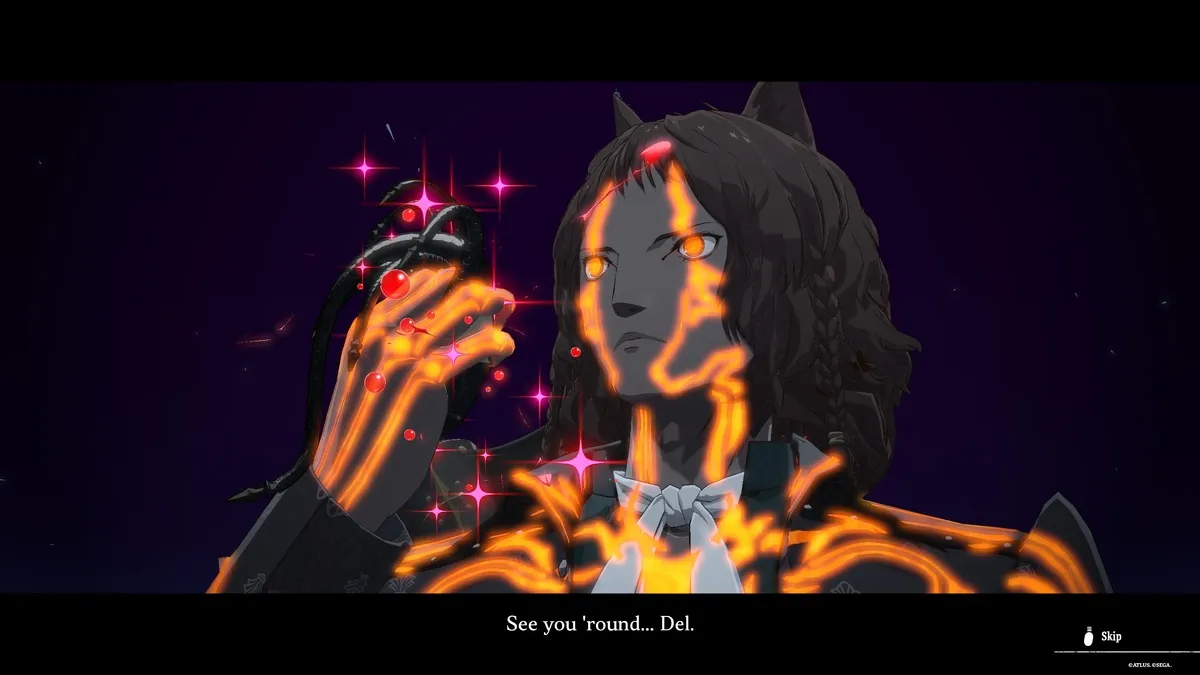
Basilio’s awakening scene occurred right on the heels of a critical moment when he and Fidelio defend innocent children, culminating in Fidelio’s tragic demise. This creative decision felt oddly off-key for me, though the ghost fist bump stood out as a charming addition. Similarly, the emotional reveal concerning Rella’s actions against the prince and her subsequent fate left me unmoved. I felt no connection to her or her ties to Junah, and my only reaction was surprise at the rapid unveiling of her wrongdoing. Following Louis’s soirée, the narrative pace ramped up so drastically that it felt somewhat jarring, leading to questions about the possible hurdles faced during production that resulted in such pacing issues.
Additionally, having Louis serve as the singular principal antagonist came as a shock. I expected him to be a preliminary boss paving the way for a more formidable adversary. While there’s nothing inherently wrong with him remaining throughout the game, his character lacked the depth needed to sustain interest. True to form for Atlus’s storytelling approach, many plot elements and themes are introduced but then abandoned without exploration. Major plot twists in the final act—such as the protagonist transforming into a monster or merging with the prince—are barely touched upon and lack the gravity that such moments deserve.
This sense of superficiality is compounded by the realization that the story’s allegories fail upon closer consideration. The Japanese audience may find it a fitting analogy for real-world politics, yet from my perspective, Metaphor falls short of profound engagement. The world constructed within Metaphor lacks significant depth, leading me to argue that even Zootopia offers a more compelling environment.
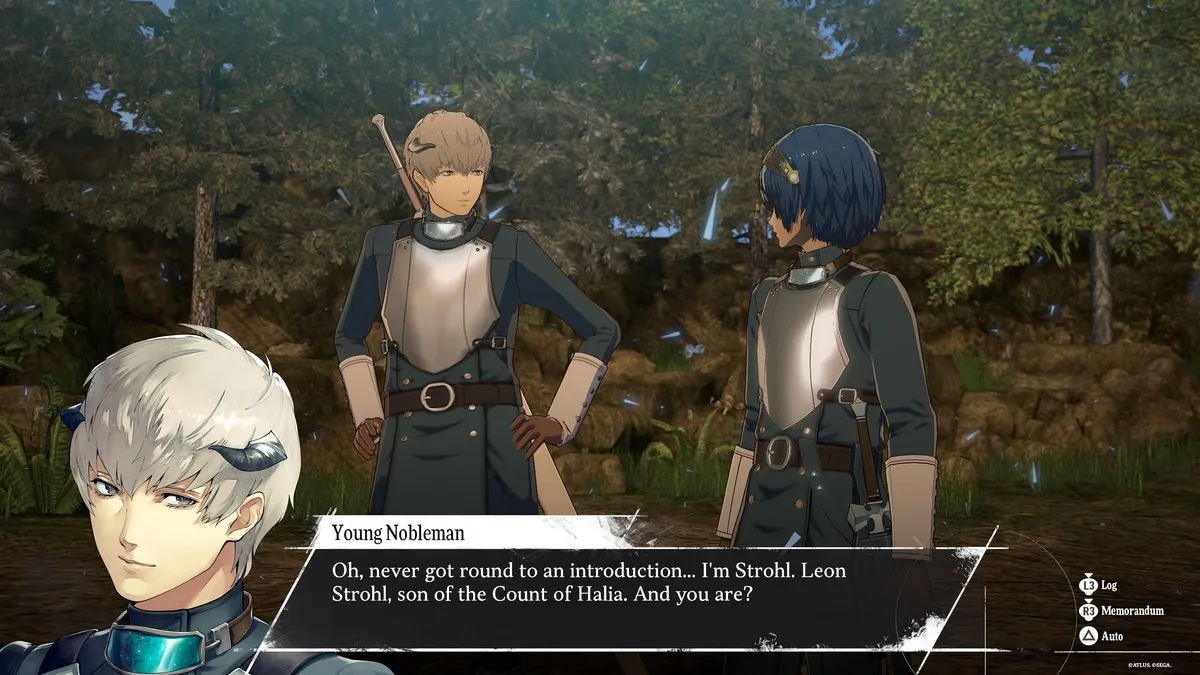
Euchronia itself lacks a captivating essence, operating more like a flat backdrop for discussions around racism and discrimination. Unlike the intricacies of Zootopia, which presents a tangible and immersive city where life can be envisioned, Metaphor’s world feels more like a convenience rather than a vibrant setting. Although I did commend the distinctness of individual cities in Euchronia, their combined representation fails to create a sense of a living, breathing country.
Now, let’s examine the narrative structure that Atlus brings forth. The game showcases two contenders for the crown: Sanctifex Forden and Count Louis. The protagonist is thrust into contention due to visions of a united world under the prince’s governance, yet it seems the populace only takes notice of him midway through the game. Under Forden, the existing power structures would continue, with preferential treatment for the nobility, while Louis proposes a meritocratic society that favors the strong.
Neither approach offers a genuinely beneficial solution for the people, leaving the game devoid of a significant moral dilemma. The protagonist envisions a fair world devoid of birth-based discrimination, an appealing ideal, yet there’s no practical plan or discussion on how the group intends to implement this vision. Much of the narrative indicates that the logistical considerations will be resolved after the restoration of the prince, yet with the prince never reviving in any meaningful sense, the protagonist’s strategy falters as he merely merges with the prince without articulating any clear course of action. His silence certainly contributes to this problem, but I will elaborate on that point later.

I have a personal preference for stories that present morally ambiguous dilemmas when tackling complex themes. In Persona 5 Royal, a compelling choice surfaces: to remain in a dream world free from pain or confront a gritty reality. While the latter is presented as the moral high ground, the allure of the former is undeniable. In contrast, Metaphor lacks any similar dramatic inquiry regarding Forden or Louis. Both scenarios represent undesirable outcomes, leaning towards portraying the protagonist as the only viable ruler. Examining how the protagonist interacts with others, NPCs often start off with hostility but, when treated with kindness, reveal their prejudices and become amiable. While this could suggest a belief in the inherent goodness of all people, it ultimately feels superficial. If prejudice is to be explored, why resolve it so hastily?
A significant reason the theme of discrimination falls flat for me is its forced nature; it lacks the authenticity seen in real-world contexts. Cultural stigmas often stem from historical context, yet Metaphor fails to establish any deep-seated grounds for its characters’ biases. For instance, as someone of Chinese descent, we often confront a multitude of stereotypes, some rooted more in reality than others. Yet, in Metaphor, discriminatory elements feel contrived and lack any substantial ties to the characters or their respective cultures.
The themes of racism and prejudice in Metaphor come across as engineered, lacking a genuine depth or development. The narrative doesn’t extend to include other forms of discrimination, such as ageism or sexism, which could enhance the thematic richness. Furthermore, while the protagonist’s arc is indeed about managing societal issues, characters like Maria who suffer from prejudice due to their mixed heritage don’t fully realize the complexities surrounding their struggles, ultimately reflecting a missed opportunity to delve deeper into the narrative.
Moreover, the lack of character crossover in facing discrimination calls into question the authenticity of their experiences. For instance, it’s hard to believe that a profound societal divide exists without individuals attempting to navigate or disguise their identities. The protagonist’s own rarity as an elda should provoke more exploration into his identity and its implications within the society.
These are critical inquiries that could have emerged during the conceptual phase of the project. Given the lengthy development timeline, it raises curiosity about how much content was edited out and how much executive decision-making might have influenced the final product. It seems that the new setting necessitated greater care and attention, but that depth appears lacking.
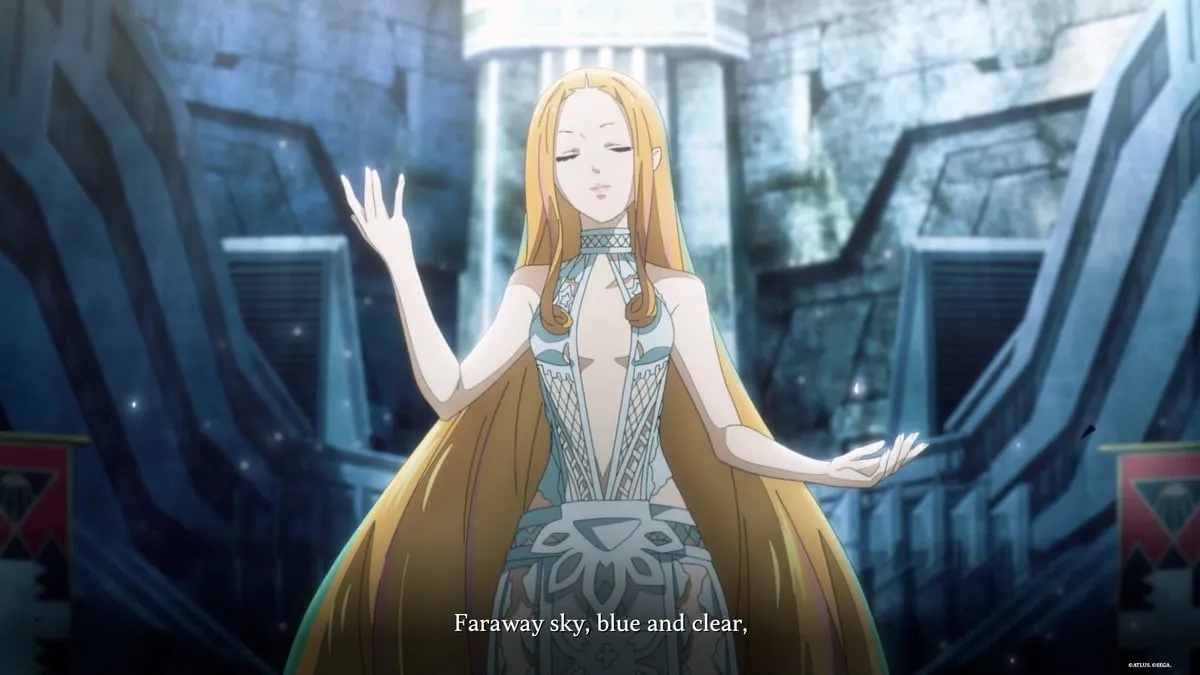
It’s evident that the narrative lacks insight from a diverse range of experiences. Addressing larger issues like prejudice requires sensitivity and an understanding of the lived experiences of those affected—an area where the writing falls short, resulting in either overly simplistic analogies or exaggerated representations. The game does occasionally depict realistic outcomes of race impacting job opportunities, but this provides only a fleeting glimpse of the broader issues at hand.
Towards the climax, the focus shifts towards the theme of anxiety, but this transition feels abrupt and disconnected from prior themes. While anxiety can indeed fuel discriminatory thoughts and actions, presenting it as the root problem feels incongruous with the previously established narrative. It appears that party unity arises from the protagonist’s empathetic listening, which diverges from the journey’s initial purpose.
The awakening scene, wherein characters metaphorically pour their hearts into a microphone, resonates remarkably well with the theme of communication and understanding. Despite some melodrama, social links explored through characters like Eupha and Maria provide a more authentic look at overcoming prejudice compared to the primary plot. While their sincerity may come off as overly earnest, it stands in contrast to the heavy-handedness that pervades Metaphor: ReFantazio.
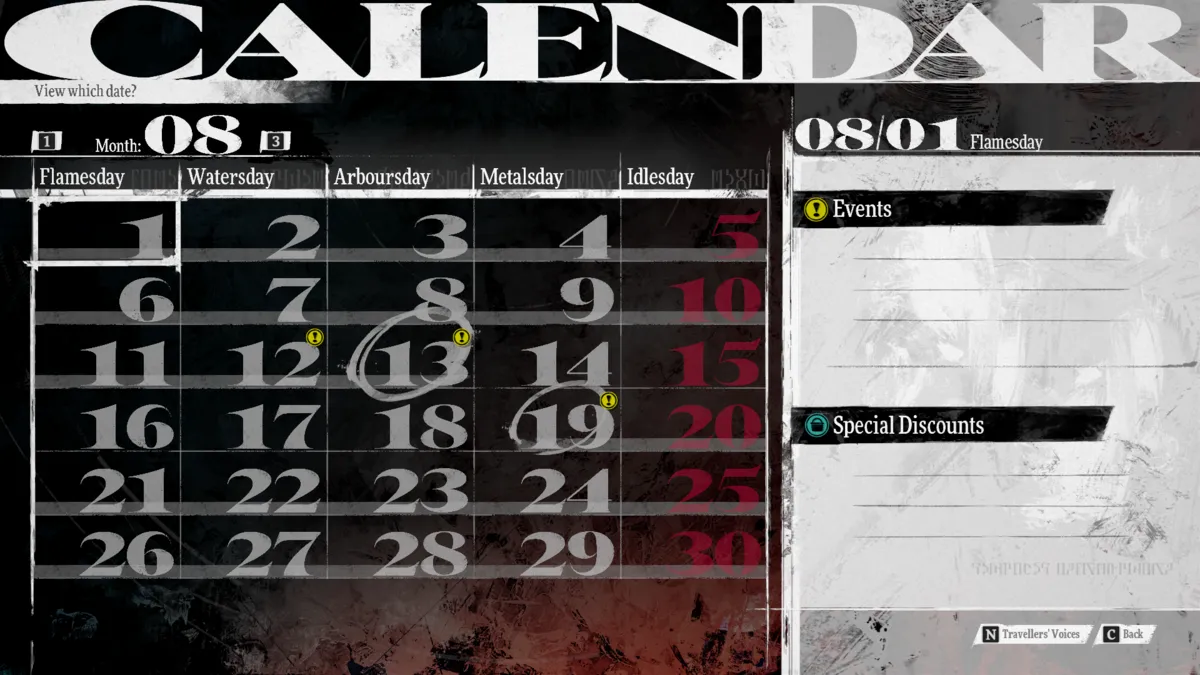
What caused the game’s overarching narrative issues? In short, I suspect that as Atlus invests more time into developing a game, the narrative aspect can suffer as a trade-off for sheer entertainment value. The Persona gameplay loop further complicates the storytelling, as the calendar system inherently restricts plot elements. This constraint impacts player agency and can create frustration when time-sensitive events force players along the main story path. While this framework works in a contemporary setting, it proves problematic in the fantasy realm of Metaphor, where world-building is critical.
Players find themselves with both limited and excessive control, particularly regarding the social link system that houses key information. Substantial lore points, like the paripus igniter events, reside within these links and may be easily overlooked in a single playthrough. Additionally, Junah’s past contributes significantly to her character development, but this detail is shrouded within her social link, which unfortunately fails to fully explore her background.
To elevate the narrative structure, Metaphor: ReFantazio should have stepped away from the Persona play style of fragmented storytelling and embraced a more linear JRPG style that ensures consistent experiences across players. This approach would have allowed for a comprehensive exploration of the story while mitigating the risks of players missing critical content. Though this ambition is commendable, the execution lacks necessary control, diluting the narrative experience.
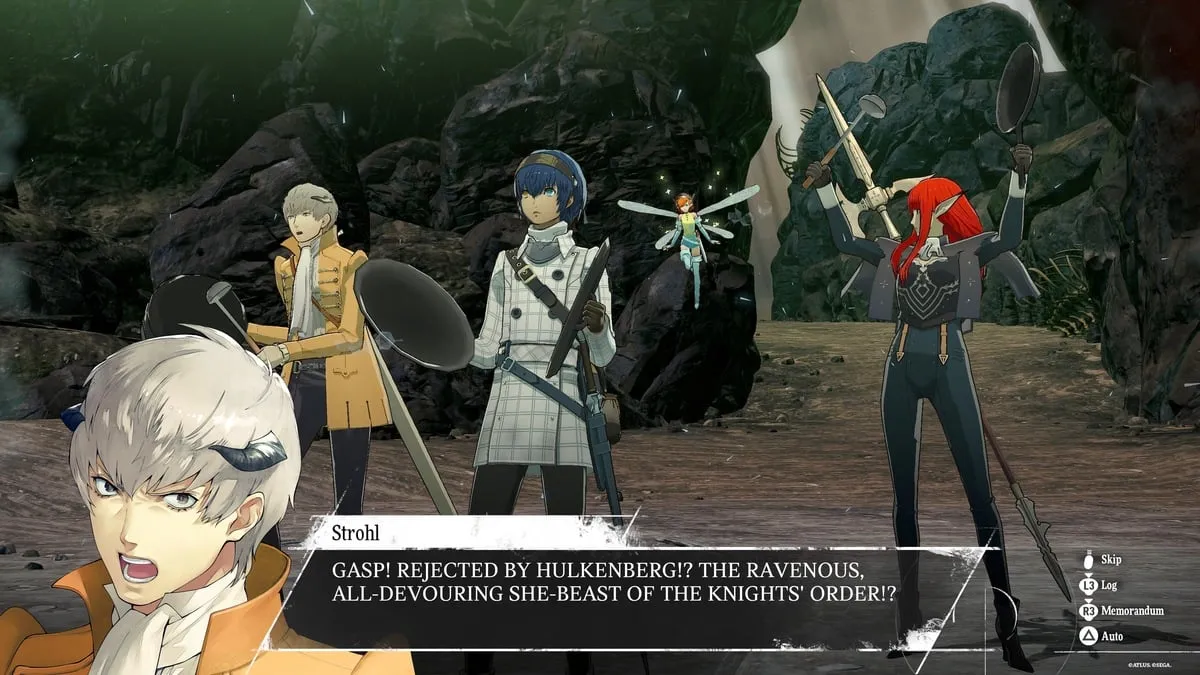
The final trio of party members often feel overshadowed within the main narrative. Their compelling stories reside primarily within their social links, in contrast to more rounded representations of characters like Heismay, Strohl, and Hulkenberg, who are more thoroughly developed throughout the storyline. For instance, a memorable scene showcases the protagonist and his companions expressing their frustrations through chaotic banter, crafting a relatable camaraderie that feels authentic. Meanwhile, characters like Junah, Eupha, and Basilio join in at points where the urgency shoves their development into the background, mirroring past experiences of characters such as Haru in Persona 5. Their connections and struggles are given less emphasis, relegating them to mere side notes rather than essential parts of the story arc.
Although there are tangential mentions and character arcs, the main storyline often marginalizes the final party members. Junah, for example, lacks depth outside her social link, which only touches the surface of her significance. The narrative could benefit significantly from better integration of these social links into the overall story, providing character arcs that inform the overarching themes rather than isolating them.
The side quests also suffer from a lack of depth, primarily presenting generic tasks that don’t add much to the narrative fabric. They echo the Mementos requests from Persona 5, but in the fantasy context of Metaphor, they miss an opportunity to enrich character and thematic exploration. Engaging side quests that delve into personal tales could provide context and depth, giving players the chance to develop a connection with the world.
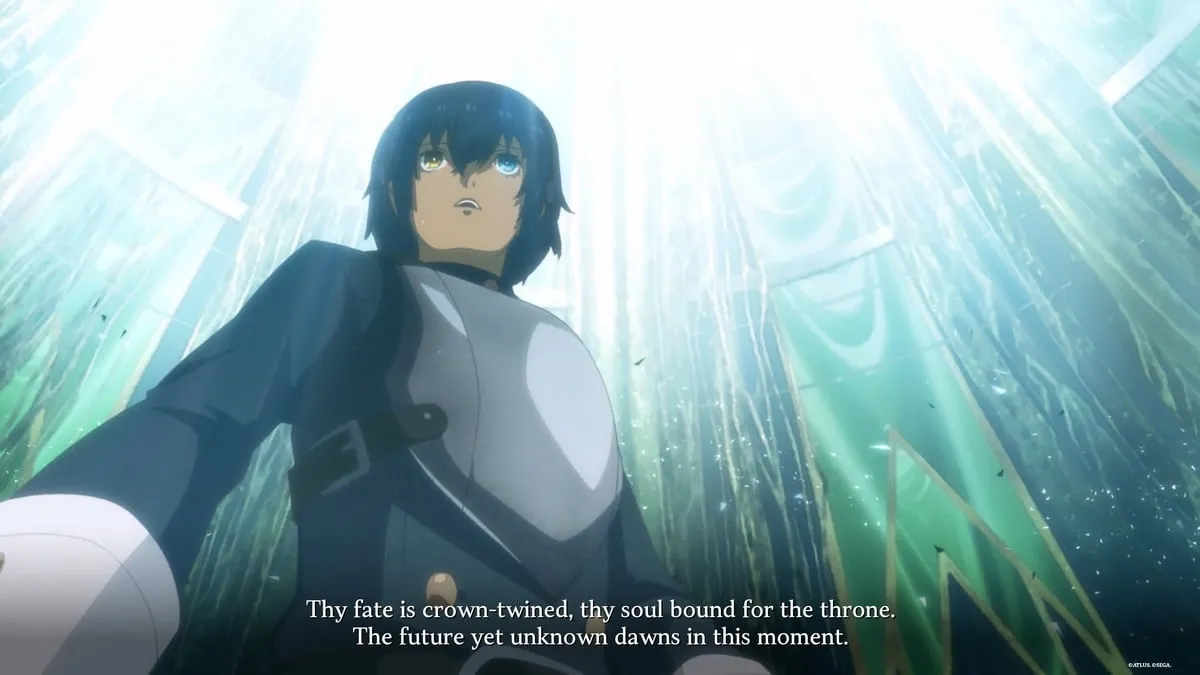
The silent protagonist trope doesn’t serve its purpose in Metaphor effectively. While characters like Maria, Eupha, and Catherina exemplify collaboration to address social challenges, their development remains trapped in social links that lack prominence in the main narratives. A reliance on the protagonist, who barely articulates his vision or opinions, dilutes the urgency of potential solutions and leaves their dialogue limited to vague references. The main character feels more like a passive observer rather than an agent of change, failing to embody noteworthy ideals amidst the injustices presented.
In storytelling, a writer’s ultimate fear is inducing apathy within readers; I must admit that I found myself overwhelmed by this sentiment through significant portions of Metaphor. NPCs in Euchronia, outside of core party members, are portrayed as indifferent and unengaged, mirroring the frustrations seen in Persona 5’s populace. Additionally, Louis’s motivations lack invitation to engage or relate; even a villain like Thanos emerges with more complexity. Did I enjoy playing the game? Certainly, it’s enjoyable for its mechanics; however, an RPG necessitates more than just compelling gameplay.
I acknowledge my critical perspective towards Atlus’s writing, particularly under the direction of Hashino. Yet, previous titles like Persona 3 never drew substantial critique from me as Persona 5 did, demonstrating a notable shift in thematic ambition. Both Metaphor: ReFantazio and Persona 5 strive to provide social commentary, yet Hashino’s takes feel repetitive and lacking in originality. The narrative beats and motifs felt all too familiar, undermining the potential of Metaphor’s unique setting to differentiate itself. At its core, the game shines brightest when it leans into its fantasy elements, but social critiques should present more substantial, nuanced reflections rather than recycling superficial ideals.
Metaphor: ReFantazio is available on PS4, PS5, Windows PC, and Xbox Series X.




Leave a Reply